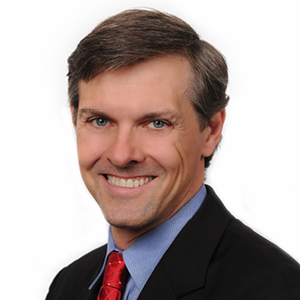Yost Sues to Stop New ESG Disclosure Disaster
Mar 18, 2024After spending two years mulling over a new environmental, social, and governance (ESG) rule that would require all publicly traded companies to prepare and release emissions reports, the U.S. Securities and Exchange Commission (SEC) recently unveiled its scheme. While the new rule removed a provision that mandated companies monitor emissions up and down their supply chains—a provision the Sierra Club is suing to restore—it allows companies to mandate that farmers and other firms in the companies’ supply chains produce thorough emission disclosure reports. To what end? To comply with potential future regulations and to appease climate-control groups.
Ohio Attorney General Dave Yost is challenging this draconian rule and rightly noted in filing the lawsuit that “the regulator of the stock market has no business setting environmental policy for the county.”
Yost’s lawsuit is welcome news, particularly for farmers. If the SEC imposes its new rule, farmers will have to comply with an unprecedented and outlandish bureaucratic process, one that will force farmers to purchase costly emission-tracking computers and software, spend time filling out government forms, and set aside more of their slim profits to comply with an ever-increasing array of government regulations, such as eliminating nitrogen-based fertilizers, increase the use of costly and less efficient fuels, and purchasing carbon offsets.
All of these requirements, will, as The Buckeye Institute outlined in a recent report, increase the cost of farming by at least 34 percent and increase the annual grocery bills of the average family by $1,300.
Not only should the stock market regulator not set climate policy, but they should not dictate how small farmers can farm their land. The costs and the stakes are too high, and Americans will be worse off if this rule is implemented.
Rea S. Hederman Jr. is executive director of the Economic Research Center and vice president of policy at The Buckeye Institute.

